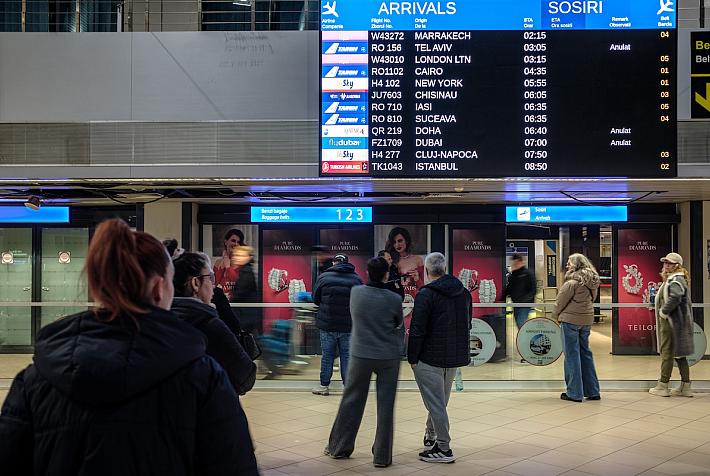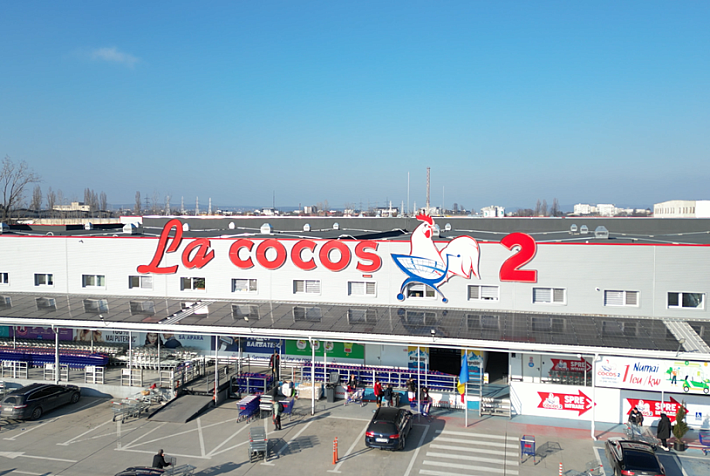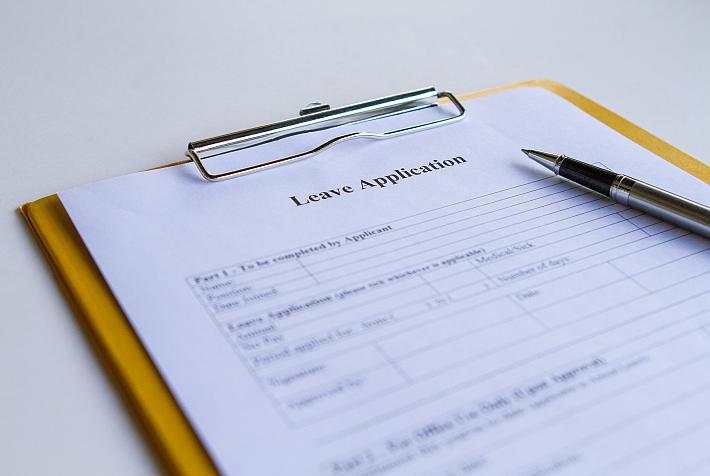German business community asks Romanian Govt. to implement Kurzarbeit

German companies in Romania are generally unsatisfied with the measures adopted by the Government to support the economy and ask for more measures to be implemented, including the implementation of reduced and flexible schedule work, known in Germany as Kurzarbeit.
“Most companies are aware of the measures taken by the Government in support of companies, but they are generally dissatisfied, considering them insufficient (50%) and not very useful (27%),” the Romania-German Chamber of Commerce (AHK) said in a press release, after a survey among its members.
The most relevant measures taken by the Government (by March 27, when the survey was carried out) are the allowance for technical unemployment, the extension of payment terms and the granting of free days for parents. However, the suspension or non-initiation of forced executions or state guarantees for loans are irrelevant, according to the German companies.
Among the concrete measures required by the business environment are the accelerated VAT refund, the reduction of wage contributions, the introduction of a system of bonuses for the payment of taxes on time, better conditions and clear criteria for granting the 75% technical unemployment allowance, and the implementation of short-term & flexible work (Kurzarbeit), a concept that works successfully in Germany, according to AHK.
“Short-term work involves a partnership between employers, the state and employees, with benefits for all parties involved: employees keep their employment contracts and can work for short periods of time, employers benefit from the work of employees, but only to the extent necessary, and the state contributes in many cases an amount that is lower than the unemployment aid it would support in the event of layoffs and avoids layoffs. Apart from that, this concept would especially help small and medium-sized companies to get out of this crisis well,” reads AHK Romania’s press release.
Half of the companies that participated in the AHK survey said the lower demand for goods and services was their biggest problem while over a quarter of the companies (27%) have difficulties in continuing production due to supply chain problems. Some 37% of the companies expect their turnover to decline by at least 30% while 36% expect a decline of 10 to 30%.
editor@romania-insider.com
(Photo source: Pexels.com)













